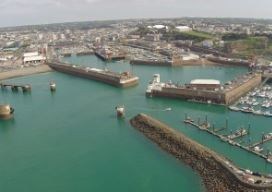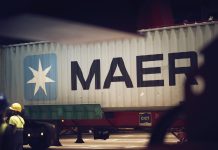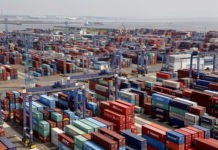
The British Ports Association (BPA) has welcomed the publication of a new consultation on the introduction of free ports, which have the potential to transform coastal communities and unleash ‘port-centric’ growth.
The BPA is part of the Government’s Freeports Advisory Panel which is advising on options for their introduction in the UK. Last year the Association published a report outlining a bold and ambitious set of proposals in A Licence to Operate: ‘Enterprise, Development and Free Trade Zones’. This calls for freeport status to include a package of measures to support growth in coastal communities around development, consenting and enterprise. This report was written in collaboration with a number of ports and airport operators.
The BPA is now calling for ministers to maximise their ambition and remove the cap on the potential number of freeports and include a much broader package of measures that would benefit a wide range of different UK ports.
The UK has 125 cargo-handling ports. The BPA said freeport status will benefit ports differently depending on their current traffic/business profile and specialisation. Some will naturally be keener than others but there will be more than 10 of these that will want to benefit and government should not place an arbitrary cap on this ambition.
Freeports will not solve issues around new ‘frictions’ that will be introduced at certain gateway ports at the end of the Brexit transition period, but they could help some ports and traders deal with the range of new customs and other borders requirements at particular port operations, according to the BPA. The association will continue to call for a strong trade agreement with the EU that priorities minimising the erection of new non-tariff trade barriers, it said.
Definition of a free port:
Traditionally, a freeport is an area outside of a country’s customs territory but within its physical borders, sometimes known as a ‘free zone’. This allows certain goods to be transhipped or processed through a port without attracting customs duties. This means that components could be added to a product and re-exported without generating additional prohibitive costs.
If the UK ends up striking a low-alignment trade deal with the EU, or the EU and UK do not agree a free trade deal, free ports may help alleviate cost burdens that may be placed on some industries that have cross-border supply chains.
The BPA believes that a UK freeport model should be much wider than the traditional ‘customs’ free zone model, of which many of the benefits can be achieved through existing processes.





